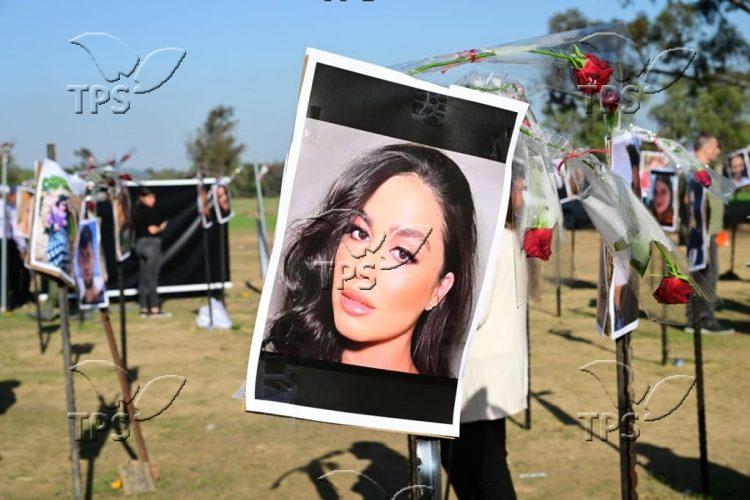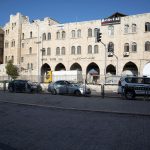Survivors of Music Festival Massacre Launch $53.6 Million Lawsuit Against Israel
Jerusalem, 16 January, 2024 (TPS-IL) -- Forty-two survivors of Hamas’s Oct. 7 massacre at the Supernova music festival at Kibbutz Re’im are suing the Israel Defense Forces, Israel Security Agency and Israel Police for negligence, and are claiming 200 million shekels ($53.6 million) in damages.
The claim was filed by lawyers Anat and Gilad Ginzburg, who note that the night before Hamas’s invasion, top security brass held meetings amid intelligence indicating abnormal activity in the Gaza Strip.
“One phone call would have prevented 364 people from being murdered, raped, or both, and another 40 from being kidnapped into Gaza,” Gilad Ginzburg told the Tazpit Press Service. “We blame the police and the army for allowing the producers to hold the festival [along the border], even though we know that IDF surveillance officers raised the alarm and felt that it would be unsafe,” he added.
On Oct. 7, Hamas terrorists launched a multi-pronged cross-border assault on southwestern Israel, killing 1,200 people overall.
Ilya, 34, a software engineer from Tel Aviv, attended the festival and escaped unharmed, at least physically. One of the plaintiffs in the case, he stressed the difficulties survivors face in their daily lives.
“While I was not injured physically, I will need to undergo psychological treatment, probably for the rest of my life. I struggle to function, so I will need financial help to take care of myself in every possible way,” Ilya told TPS. As a result of the trauma, he suffers from anxiety, depressive thoughts, trouble sleeping, and has difficulty interacting with others, he added.
However, the lawsuit is primarily about justice and holding people accountable, he emphasized.
“A lot of things happened that should not have. Someone needs to take responsibility for it,” he said. “We feel that we were abandoned. We should have been protected.”
All 42 plaintiffs underwent medical/psychological evaluations indicating that they suffer from physical or mental trauma as a direct result of the massacre.
According to Ginzburg, the suit could take years to make its way through the courts. He also expects additional Oct. 7 survivors to take legal action. “After we began speaking to the press and the public became aware of the suit, we received hundreds of calls from victims of the Supernova festival who wanted to join,” he said.
However, Maurice Hirsch, director of the Palestinian Authority Accountability Initiative at the Jerusalem Center for Public Affairs, told TPS that the plaintiffs face an uphill battle.
“Hamas’s Oct. 7 massacre was, unfortunately, a well-planned and executed act of war. Even the general understanding that there were some kind of prior warnings of some nature isn’t sufficient to base a claim,” he said.
“It’s impossible to hold the state responsible for every attack that happens—unless there is a clear act of criminal negligence,” he added.
Hirsch warned that a successful lawsuit of this nature could open the door to liability claims against the Israeli political and security echelons for every terror attack the country has ever suffered.
A spokesperson for the Israeli Justice Ministry told TPS that the state’s response to the lawsuit would be submitted directly to the Tel Aviv Magistrates Court and is not available to the public.







